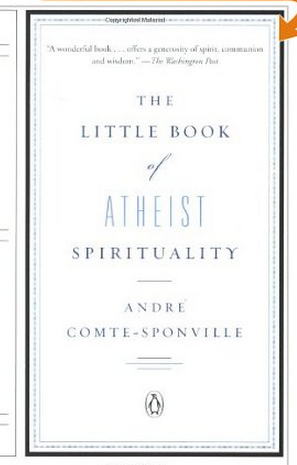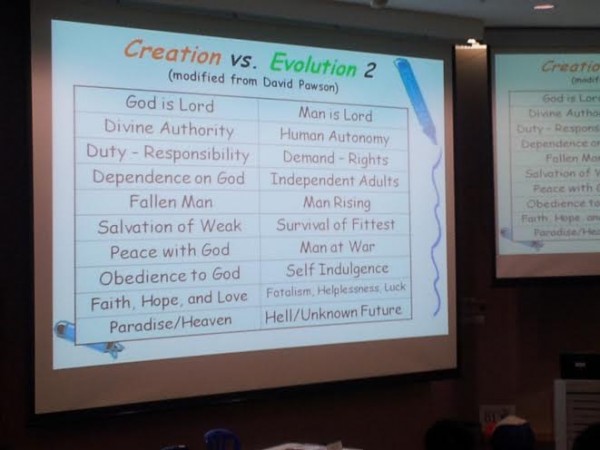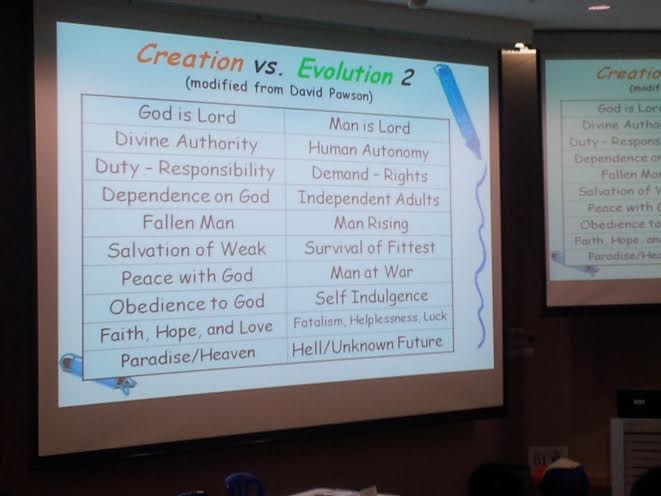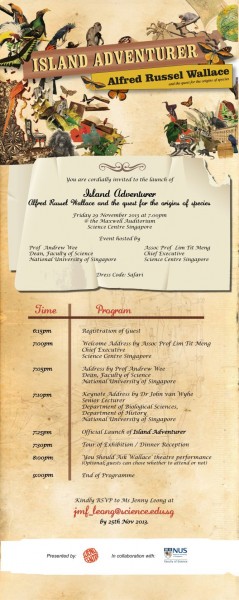In a letter published in Today Voices (21st June 2014), Committee members Zheng Huifen and Tan Tatt Si argue why morality should be shaped by all, including the non-religious. In response to the Bishop of the Lutheran Church, Reverend Terry Kee’s comments on a recent Institute of Policy Studies (IPS) survey.
http://todayonline.com/voices/morality-should-be-shaped-all-spore
If the URL link is no longer working, contact us.
Original letter submitted to the press:
MORALITY SHOULD BE SHAPED BY ALL IN S’PORE
The Institute of Policy Studies’ (IPS) recently published survey on Religious Harmony (Matthews, Khamsya & Teo, 2014) is a goldmine of information. The Humanist Society (Singapore) (HSS) welcomes the opportunity to discuss attitudes regarding beliefs and morality. [Read more…]











